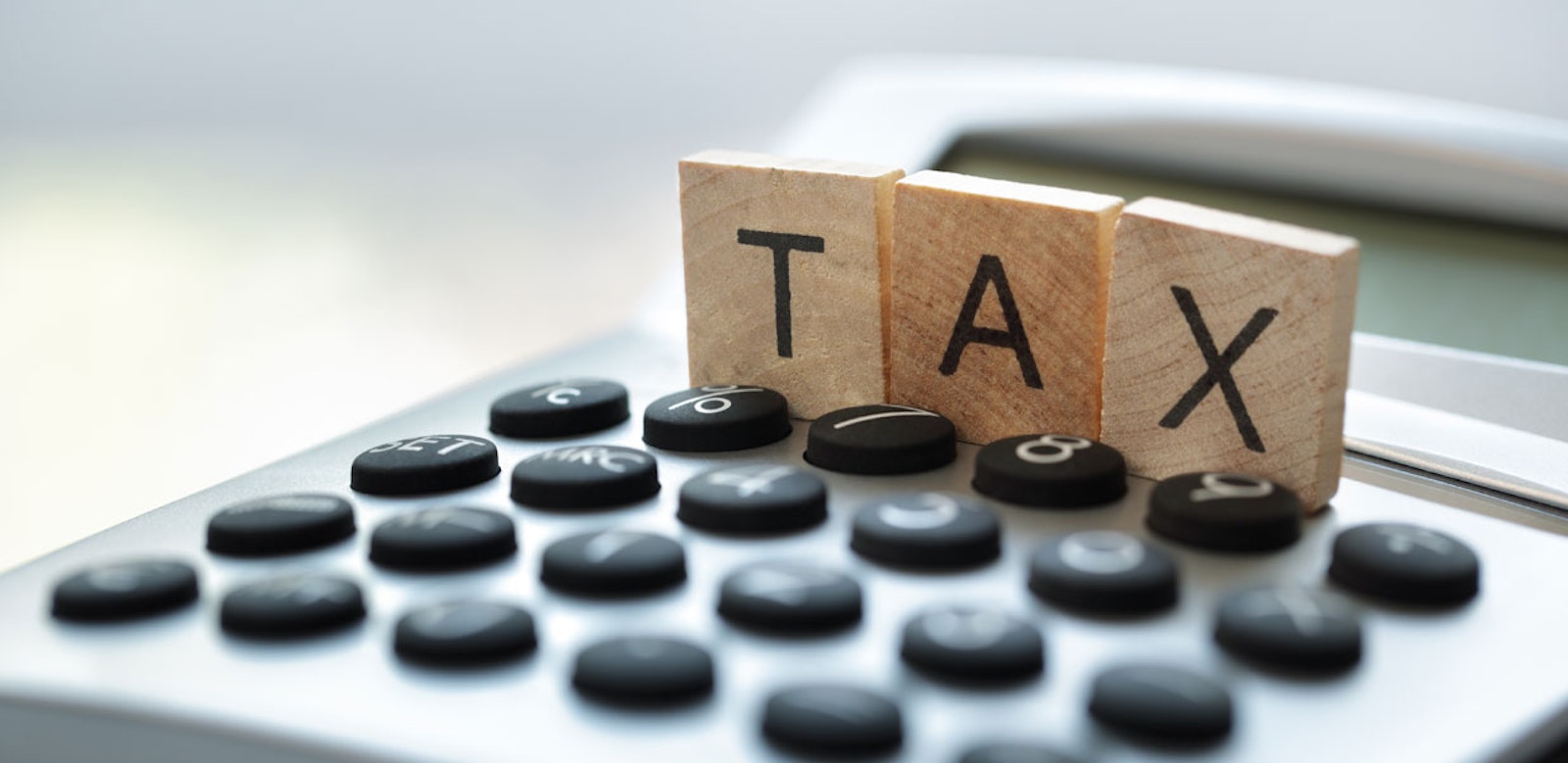

Capital gains tax is a tax imposed on the profit made from the sale or disposal of an asset that has increased in value. In this blog post, we will discuss the UK capital gains tax in detail, including what it is, how it works, and what the current rates are.
Capital gains tax is a tax on the increase in value of an asset when it is sold or disposed of. This tax applies to a wide range of assets, including property, shares, and other investments. The capital gains tax is not a separate tax, but it is added to your income tax bill.
UK capital gains tax applies to any asset that has increased in value and is sold or disposed of. The amount of tax payable depends on the amount of the gain, the asset's value, and the individual's tax bracket.
The tax is calculated by deducting the cost of the asset from the amount received on disposal and then applying the relevant tax rate. For individuals, the capital gains tax is calculated as follows:
Not all assets are subject to capital gains tax in the UK. The following assets are exempt from capital gains tax:
The current capital gains tax rates for the tax year 2023/24 are as follows:
For residential property, the rates are:
It is important to note that the rates and thresholds for capital gains tax are subject to change, and it is essential to consult with a tax professional to ensure you are up to date with any changes.
Failure to comply with capital gains tax regulations can result in significant financial penalties, so it is always advisable to seek professional advice if you are unsure about your tax obligations.
Get started with a free consultation to find out how we can help.